
You Will Not Have My Hate
04.10.2022 | Hamburg Directors film Bataclan attack
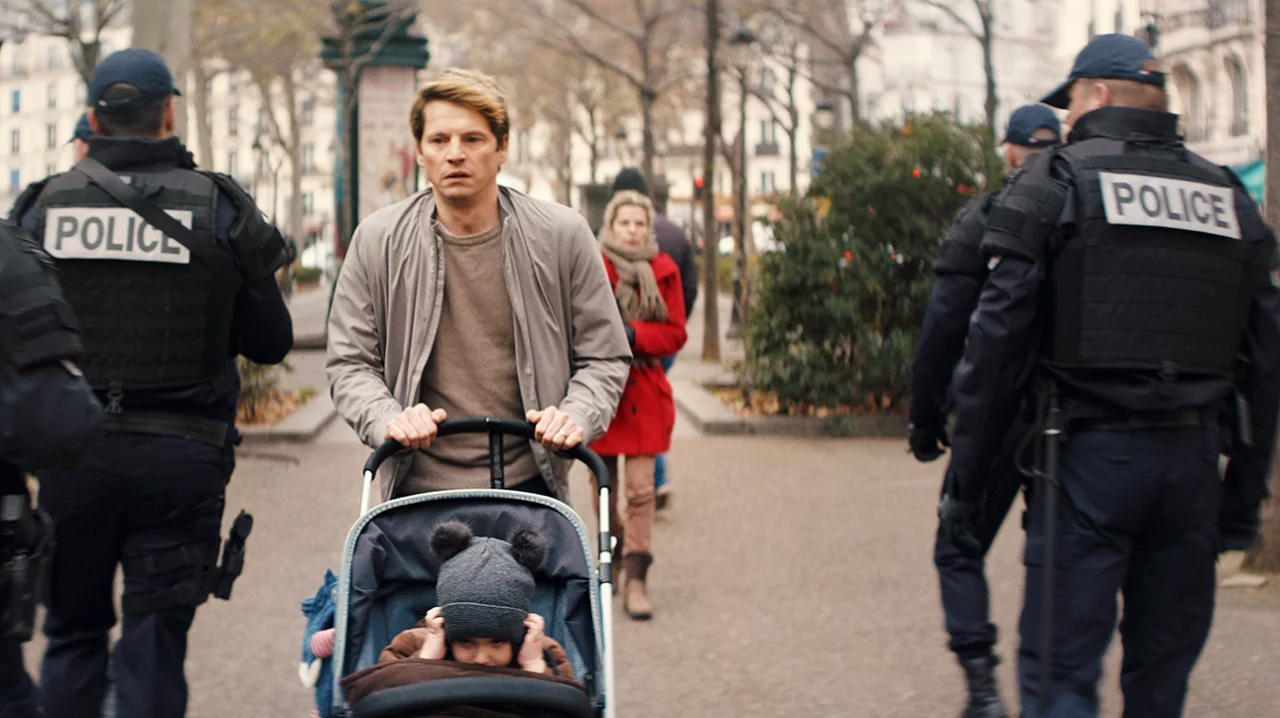
First Locarno, now Filmfest Hamburg: Hamburg Director Kilian Riedhof's new drama "You Will Not Have My Hate" is celebrating its German premiere on the Elbe. Riedhof tells the story of the Bataclan attack from the perspective of a father who loses his wife in the attack.
The terrorist attack at the Bataclan music club in Paris on 13 November 2015 shook France and the world. Radio journalist Antoine Leiris is one of the many bereaved victims of the attack; he lost his young wife, the mother of their 17-month-old son Melvil. In a moving Facebook post just three days after the attack, he countered the hatred of the attackers with his love for his son and the values of Western culture. "You Will Not Have My Hate" was the message and title of his book, in which he describes the inner struggles of grief, despair and anger and how he tries to protect himself and his son from them. Script Writer and Directors Kilian Riedhof, who lives in Hamburg, has made this moving story into a film. Following its world premiere at the Locarno International Film Festival in August, the film is now celebrating its German premiere at Filmfest Hamburg. Tobis will release the film in German cinemas on 10 November.
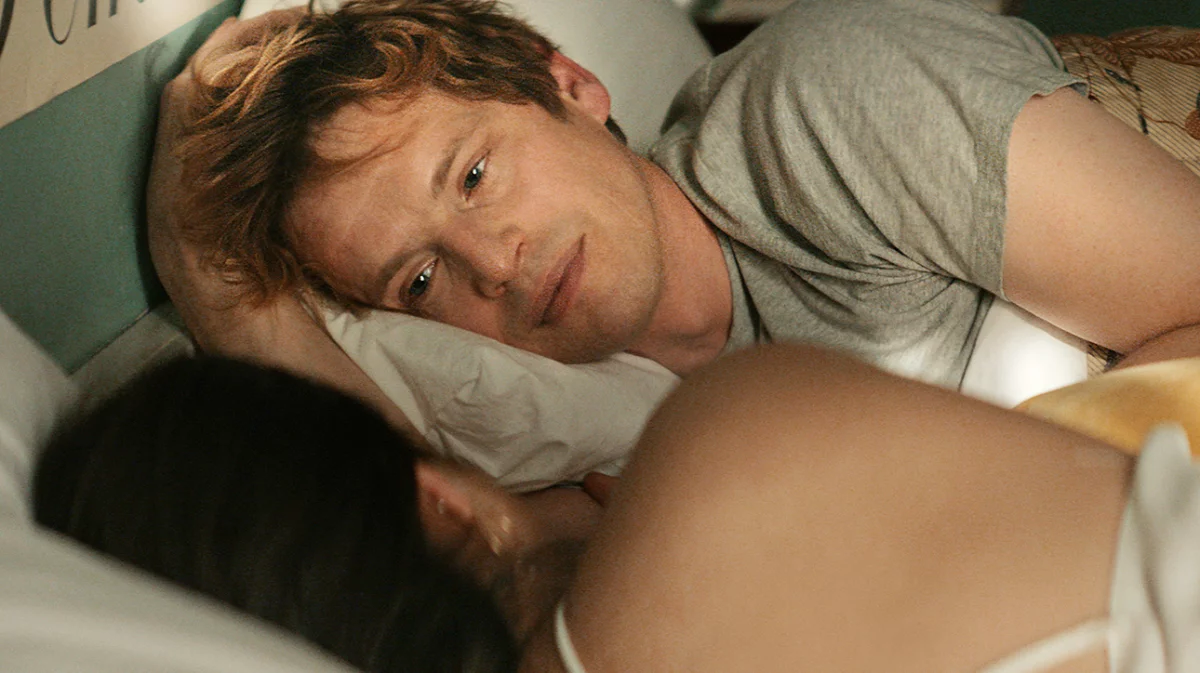
Kilian Riedhof has already demonstrated his directorial strength and sensitivity with his films "Gladbeck" and "The Barschel Case" and has won numerous TV awards. Moved by Antoine's book, which possesses a remarkable sensitivity and poetic power, he developed the story into a script together with his two Hamburg co-authors Jan Braren and Marc Blöbaum. Together with Berlin-based Executive Producer Janine Jackowski from Komplizenfilm, he was able to convince Antoine Leiris to make the film and secure the rights. The German-French-Belgian co-production was produced by Komplizen Film.
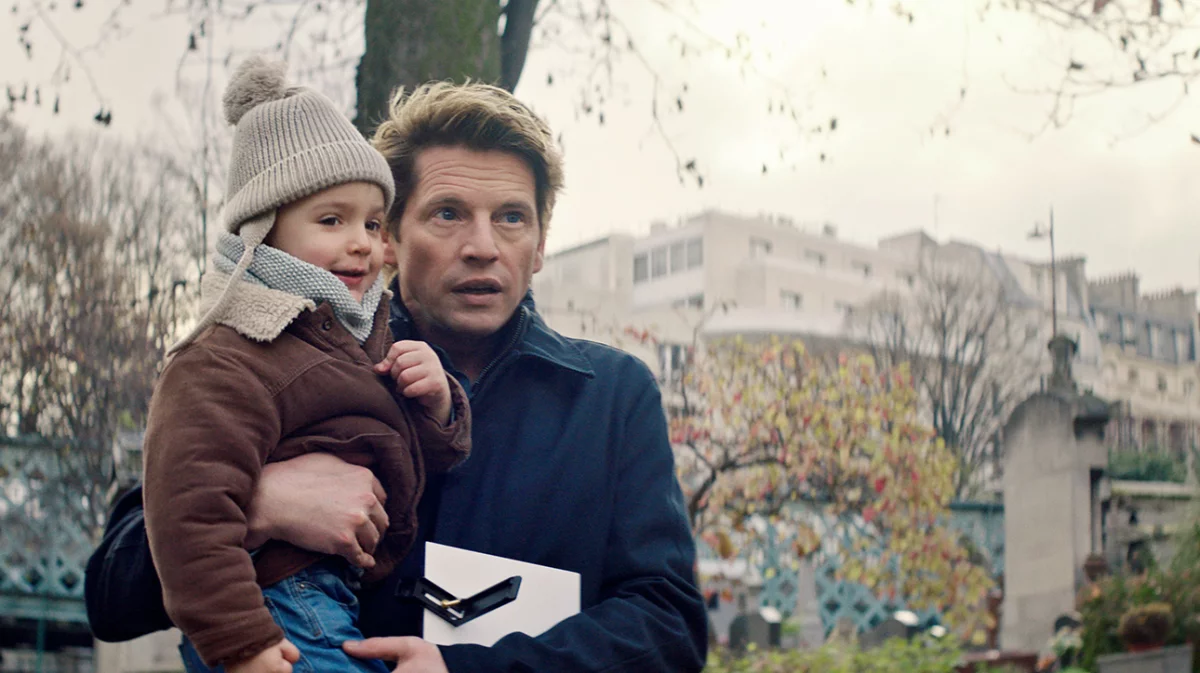
With his narrative approach, Riedhof has dispensed with a scenic depiction of the attack. "What touched me about Antoine's book was the private, very intimate perspective. It shows terrorism in its terrible effect on the inner life of a family," explains Riedhof, himself the father of a young child the age of Melvil: "Using the attack dramatically would have meant giving the perpetrators a stage. We wanted to avoid that at all costs. It was also Antoine Leiris' explicit wish to exclude the events at the Bataclan from the narrative." Rather, the aim was to experience the horror of that night and the process of mourning purely from Antoine's subjective perspective. "We asked ourselves: How can a person process such a terrible event? How does he face the hatred inside him and finally overcome it? "
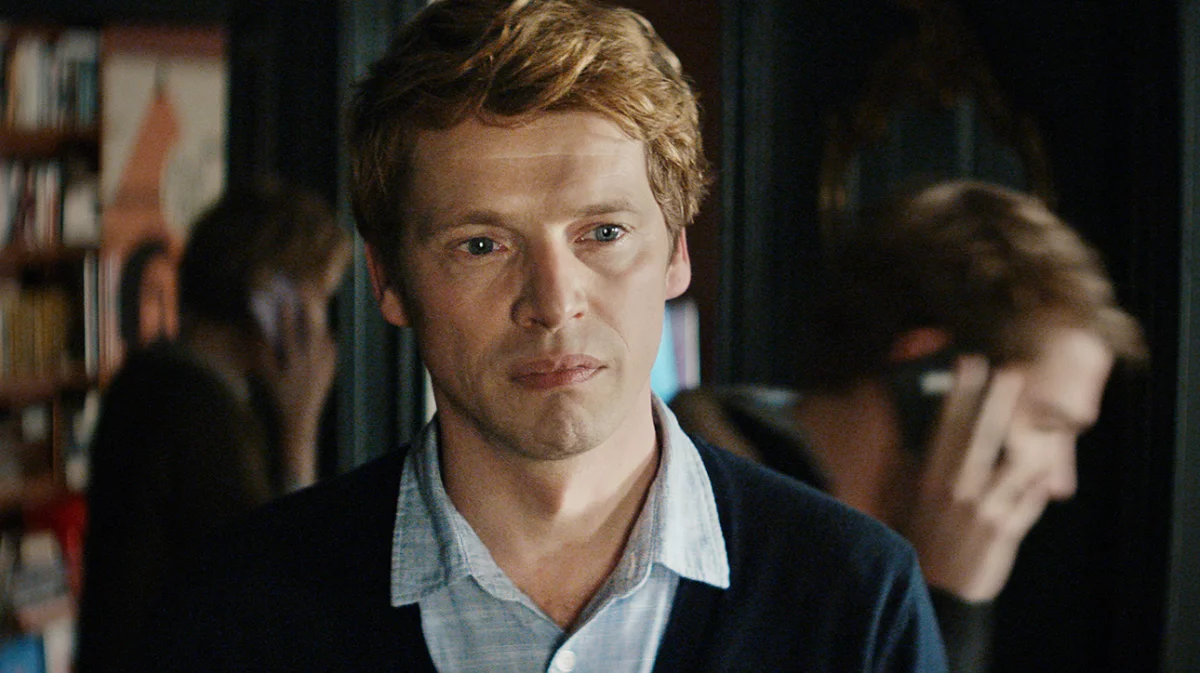
For some, it may seem unusual how quickly Antoine is willing to send such a message that refuses to be fuelled by anger and hatred. It actually happened very spontaneously, just three days after the attack. "Of course Antoine was confronted with the forces of anger and despair. I think writing the Facebook post and his media appearances in the days afterwards were a way for him to tame his own negative thoughts and feelings in order to protect himself from them," explains Riedhof. "He countered the hatred with love for his son."
Antoine's story tells of the search for an attitude that does not abandon one's own values and culture. "For me, the essence of his story is that we need to intensify our relationships with each other, our partners, our children, everything we love, and become more aware of our cultural identity. Only then will we find an answer to violence in Western democracies."
The attacks in Paris have left deep wounds and a national trauma. The film had to do justice to this emotional state. "The dimension of horror that opened up that night echoes in the souls of the people left behind. Even years later." Riedhof is happy that his film by Antoine Leiris was very well received. The film was shot in French in Paris, while the interior shots were filmed at the MMC Studios in Cologne. The film will be released nationwide in France on 2 November.
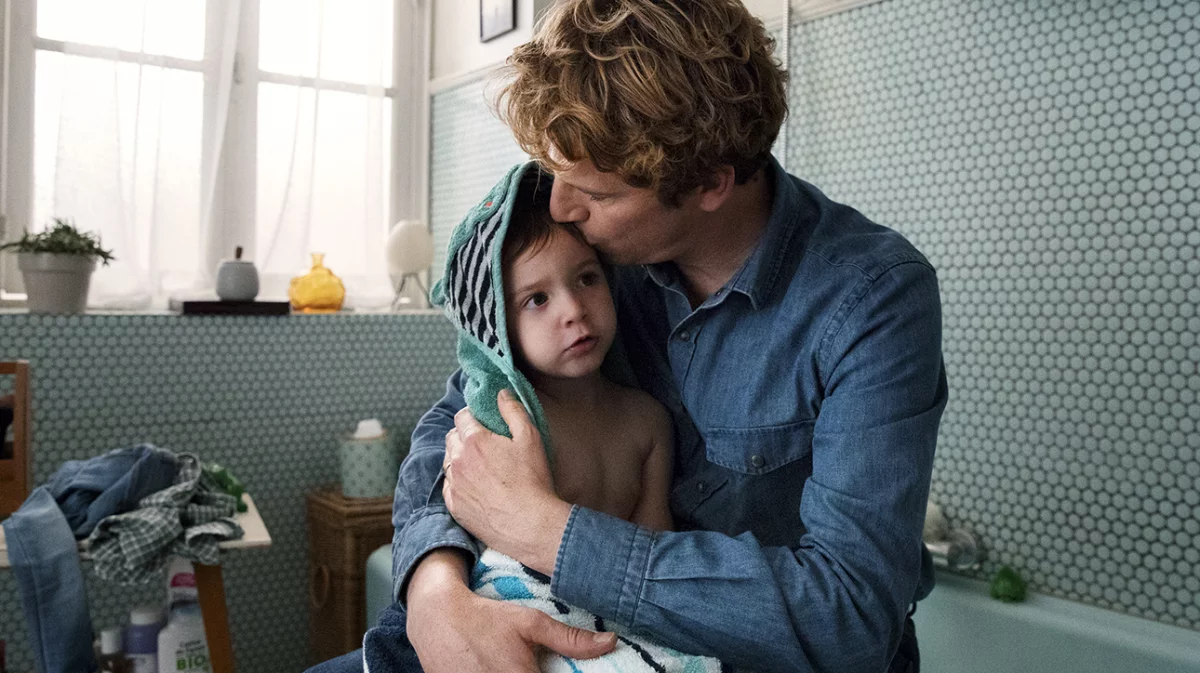
"You Will Not Have My Hate" is first and foremost a Parisian tragedy, but it is also a story with European implications. There have also been violent attacks in Brussels and on Breitscheidplatz in Berlin. The film was therefore also financed as a three-country co-production. Filmförderung Hamburg Schleswig-Holstein is one of the organisations involved. Directors and writers come from the Hanseatic city, as does composer Peter Hinderthür, and the film was edited by Optical Art. Riedhof has enjoyed a trusting collaboration with its head of feature film Christian Granderath since his award-winning television film "Homevideo".
Despite the current strong series trend, Riedhof wants to make regular cinema films. With Studio Hamburg Produktion, he has shot the historical drama "Stella. Ein Leben" with Paula Beer, which is currently in post production and will be shown in cinemas next year. The Directors is committed to cinema: "We need encounters in the cinema as a place of shared experience and immersion in stories. We need cinema to keep this society alive."
more articles







